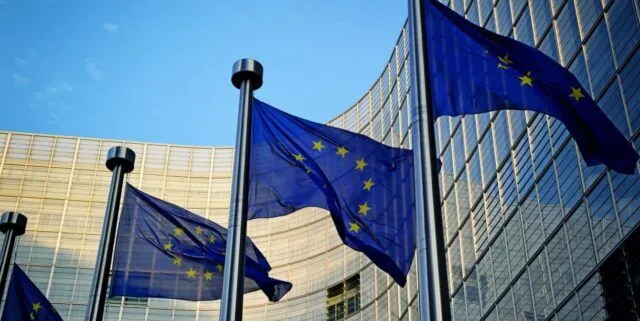
The European Union has committed to a €91-million-loan package to strengthen Cameroon’s infrastructure over the next three years. The agreement, announced in Yaoundé, aims to attract foreign investment and enhance regional connectivity.
The funding targets critical development projects, including energy sector improvements and transportation infrastructure. Key initiatives include a railway network connecting Cameroon with landlocked Chad and a bridge spanning the Ntem River between Cameroon and Equatorial Guinea.
This financial commitment supplements existing EU-supported projects, including a hydroelectric dam and another bridge linking Cameroon to Chad. The initiative emphasizes private sector involvement in project management while supporting public finance restructuring.
The loan agreement includes strict conditions regarding fund management, and addresses concerns about corruption in Cameroon. Recent reports from the National Anti-Corruption Commission revealed significant financial losses exceeding $184 million to corruption in 2023.
The development package arrives as Cameroon grapples with deteriorating infrastructure and ongoing security challenges. The country’s western region continues to face a separatist conflict that has resulted in over 6,000 casualties and displaced more than 760,000 people, according to conflict monitoring organizations.
EU representatives emphasized the importance of transparent fund management and ensuring participating enterprises maintain full access to allocated resources. This initiative represents a significant step in addressing Cameroon’s infrastructure needs while promoting regional economic integration and development.
has secured a decisive victory in Somaliland’s presidential election, garnering approximately 64 percent of votes against incumbent President Muse Bihi Abdi’s 35 percent. The election, delayed for two years due to funding constraints, marks a significant political transition in the self-declared republic.
Both candidates campaigned on platforms emphasizing economic revival and international recognition for Somaliland, which has maintained independent governance, currency, and security structures since declaring independence in 1991. Despite building stable political institutions, the territory remains internationally unrecognized, limiting its access to global finance and restricting citizens’ mobility.
The new administration inherits ongoing negotiations with Ethiopia regarding controversial coastal access agreements. The proposed deal, offering Ethiopia sea access in exchange for potential recognition consideration, has heightened regional tensions, particularly with Somalia’s central government.
The election occurs amid shifting regional dynamics, with Somalia strengthening ties to Ethiopia’s traditional rivals following the agreement. Somaliland’s government maintains optimism about potential international recognition.
The peaceful transition of power demonstrates Somaliland’s continued political stability, contrasting sharply with Somalia’s ongoing security challenges. The new leadership faces the complex task of balancing regional diplomatic relationships while pursuing economic development and international recognition.
